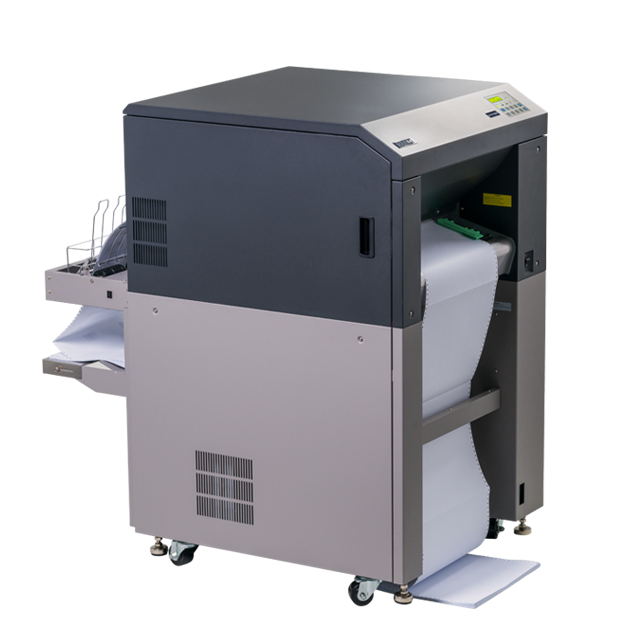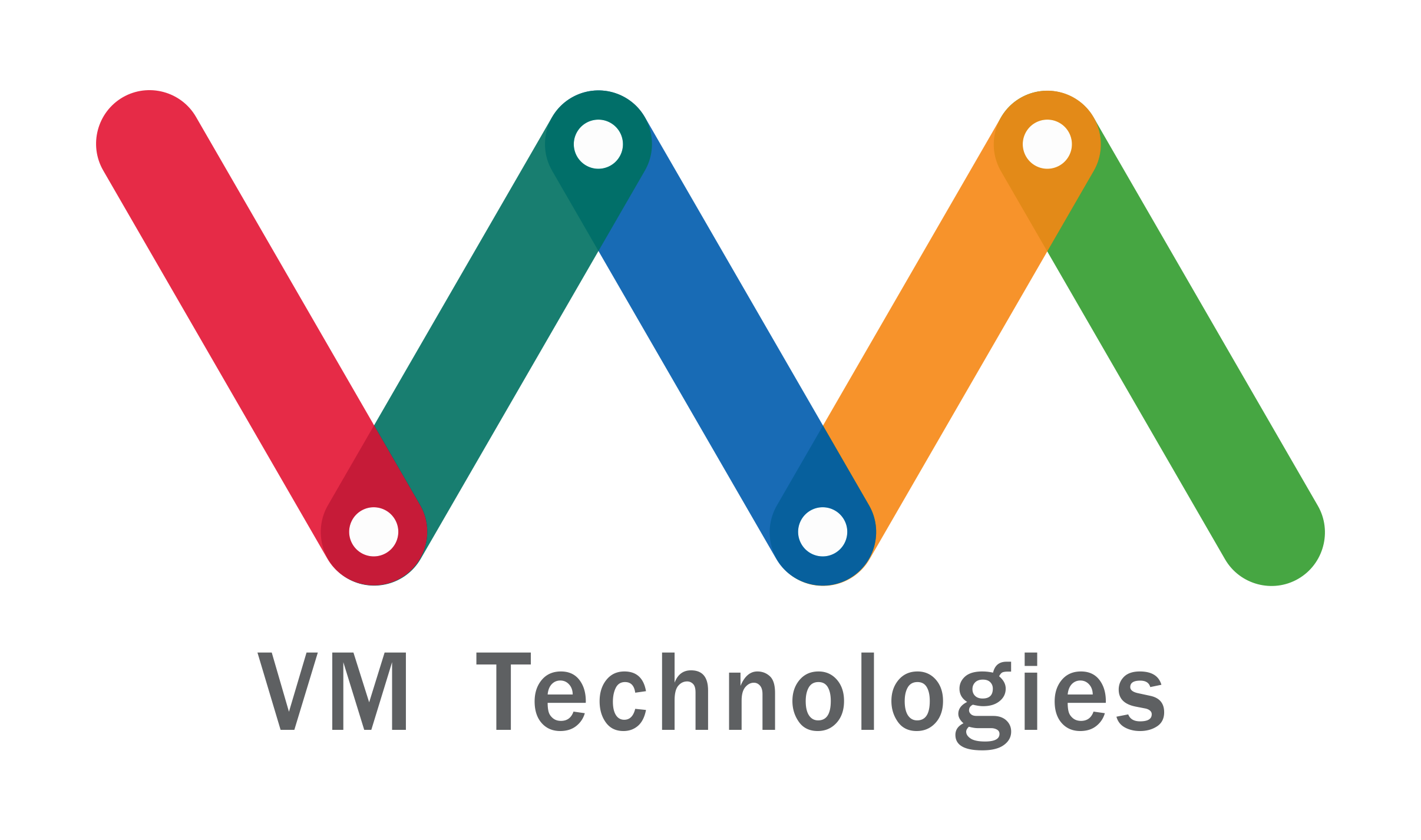Advantages of Fosfa arbitration
If you're involved in international trade, it's essential to be familiar with the Fosfa arbitration rules. These rules govern disputes related to contracts for the sale and purchase of commodities such as oilseeds, oils, fats, and feedstuffs. Fosfa (The Federation of Oils, Seeds and Fats Associations) is a well-respected trade association that has been providing arbitration services for over a century. The Fosfa arbitration rules are widely used in the industry and provide a fair and efficient way to resolve disputes. Whether you're a buyer or a seller, understanding the Fosfa arbitration rules can help you protect your interests and avoid costly legal battles. In this article, we'll take a closer look at the Fosfa arbitration rules and what you need to know to ensure a successful outcome for your dispute.
History and background of Fosfa
Fosfa was founded in 1893 as a trade association for the fats and oils industry. It has since expanded to include the trade of oilseeds and feedstuffs. Fosfa has its headquarters in London and has a global membership of more than 1,000 companies. Its primary objective is to promote and protect the interests of its members in the international trade of oils, seeds, fats, and feedstuffs.
Fosfa also provides arbitration services for its members and non-members. Fosfa arbitration is a well-established and widely used method of dispute resolution in the commodities industry, particularly for disputes related to contracts for the sale and purchase of oilseeds, oils, fats, and feedstuffs.
Scope of Fosfa arbitration rules
The Fosfa arbitration rules (https://fortiorlaw.com/news/fosfa-arbitration/) apply to disputes related to contracts for the sale and purchase of oilseeds, oils, fats, and feedstuffs. These contracts may be subject to Fosfa standard terms and conditions or other agreed terms.
The Fosfa arbitration rules cover a range of disputes, including but not limited to disputes related to quality, quantity, delivery, payment, and force majeure. The rules also cover disputes related to breaches of contract, misrepresentation, fraud, and other issues that may arise in the course of international trade.
Advantages of Fosfa arbitration over other forms of dispute resolution
Fosfa arbitration offers several advantages over other forms of dispute resolution, such as litigation or mediation. One of the main advantages is that it is a specialized process that is tailored to the commodities industry. The arbitrators are experts in the field and have a deep understanding of the trade, which allows them to resolve disputes efficiently and effectively.
Another advantage of Fosfa arbitration is that it is a confidential process. The parties can avoid the publicity and reputational damage that may arise from a public legal battle. The parties can also avoid the time and cost associated with lengthy court proceedings.
Fosfa arbitration also provides for a final and binding decision. The parties agree to be bound by the decision of the arbitrator or panel of arbitrators, and there is no right of appeal. This provides certainty and finality, which is essential in the commodities industry.
How to initiate a Fosfa arbitration
To initiate a Fosfa arbitration, the parties must agree to refer their dispute to Fosfa arbitration. This agreement may be contained in the contract or may be agreed to after the dispute has arisen.
The party initiating the arbitration must submit a notice of arbitration to Fosfa. The notice of arbitration must contain a summary of the dispute, the relief sought, and the name of the other party. The notice of arbitration must also be accompanied by the appropriate fee.
Once the notice of arbitration has been received, Fosfa will appoint an arbitrator or panel of arbitrators. The arbitrator or panel of arbitrators will then set out the procedure for the arbitration.
Fosfa arbitration procedure and timeline
The Fosfa arbitration procedure is flexible and informal. The arbitrator or panel of arbitrators has the power to conduct the arbitration in a manner that they consider appropriate, taking into account the circumstances of the case.
The parties are given a reasonable opportunity to present their case and are entitled to be heard. The arbitrator or panel of arbitrators may hold a hearing or may decide the case based on written submissions.
The Fosfa arbitration timeline is generally shorter than court proceedings. The arbitrator or panel of arbitrators will provide a timeline for the arbitration, which may include deadlines for the submission of written submissions or the holding of a hearing. The timeline will depend on the complexity of the case and the availability of the parties and the arbitrator or panel of arbitrators.
Conclusion and recommendations for using Fosfa arbitration rules in international trade disputes
Fosfa arbitration is a well-established and widely used method of dispute resolution in the commodities industry. It offers several advantages over other forms of dispute resolution, such as litigation or mediation. Fosfa arbitration is a specialized process that is tailored to the commodities industry, and the arbitrators are experts in the field.
Fosfa arbitration is a fair and efficient process that provides for a final and binding decision. The parties agree to be bound by the decision of the arbitrator or panel of arbitrators, and there is no right of appeal. This provides certainty and finality, which is essential in the commodities industry.
If you're involved in international trade, it's essential to be familiar with the Fosfa arbitration rules. Whether you're a buyer or a seller, understanding the Fosfa arbitration rules can help you protect your interests and avoid costly legal battles. We recommend that you include a Fosfa arbitration clause in your contracts to ensure that any disputes can be resolved efficiently and effectively.
-
- 1Win Online Casino Get Your First Bonus
- Tips for completing the game The Elder Scrolls V: Skyrim - How to get rid of vampirism and lycanthropy disease?
- Supplementary feeding and complementary feeding - children over one year old: the art of proper nutrition
- Profitable business with minimal investment: ideas, features, advantages
- Website maintenance

Inexpensive to purchase, inexpensive to operate: the SOLID F40 is the most economical printer in its class. As a continuous laser printer for
medium printing volumes it covers a very broad spectrum of deployment areas. The powerful Microplex Controller guarantees connection versatility,
easy system integration and high printing performance. Cold fusing via Xenon flash lamps also enables thermally sensitive materials
such as plastic or PVC to be used. And fusing is also trouble-free even on thick materials.
-
Most economical cold fusing printer on the market
-
Prints on paper, PVC, plastic, etc.
-
USB, Ethernet (10/100 Mbit) as standard
-
Laser and matrix printer compatible
-
SAP with the standard PCL5e emulation
-
Perfect control via Status Out
-
Optional IPDS emulation making it the printer of choice for IBM solutions


